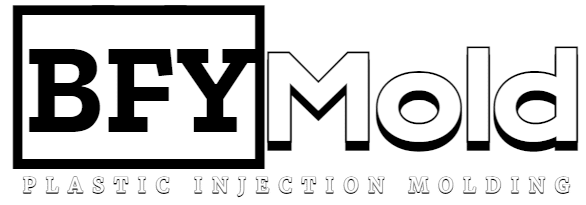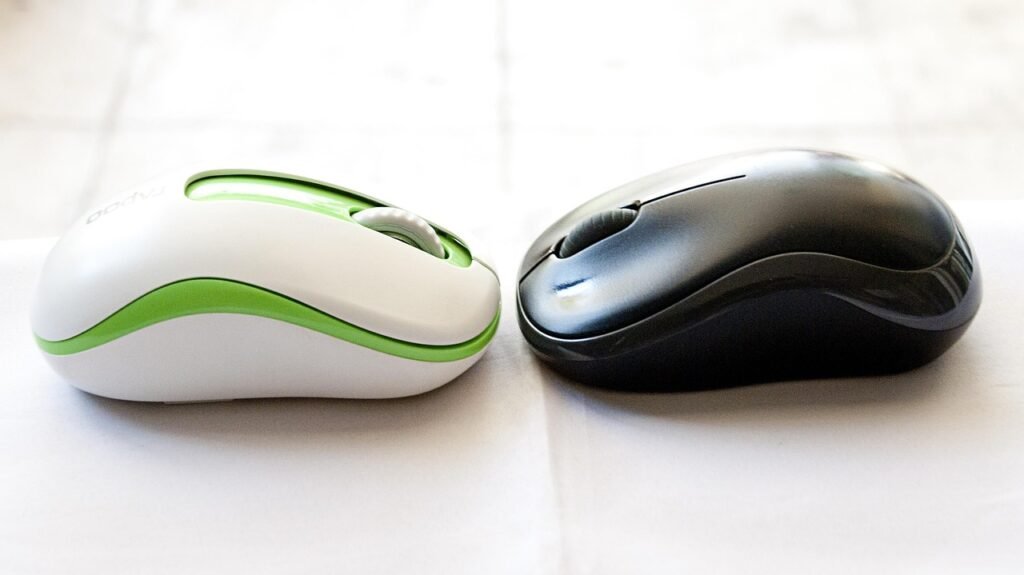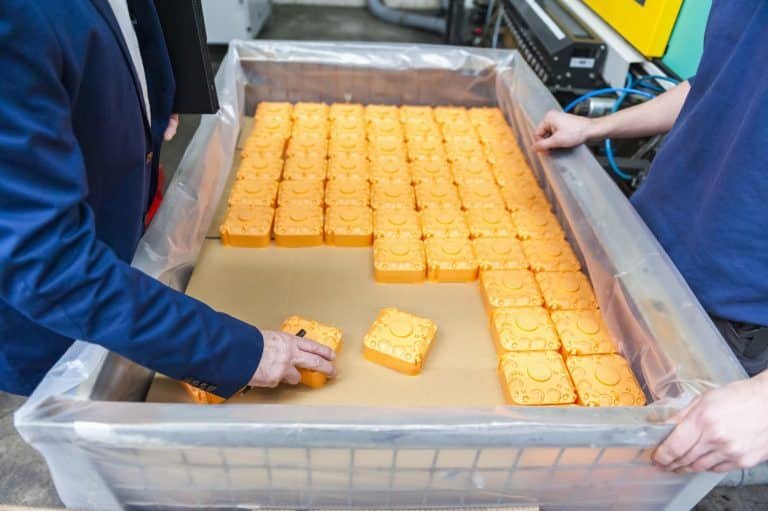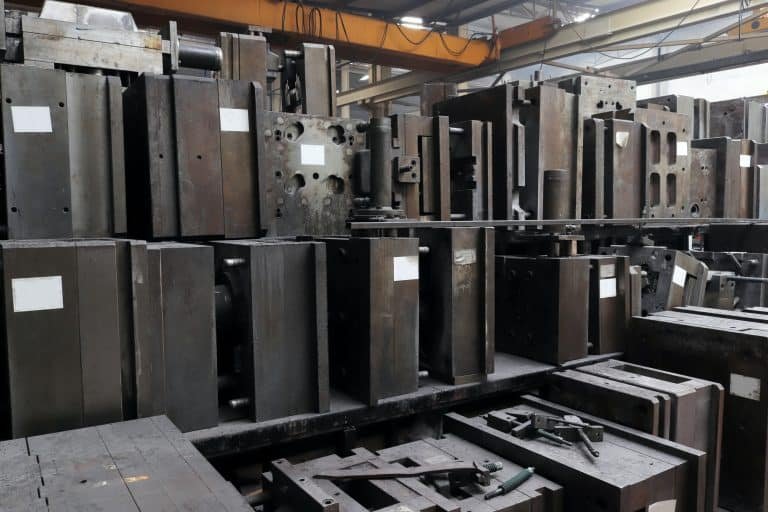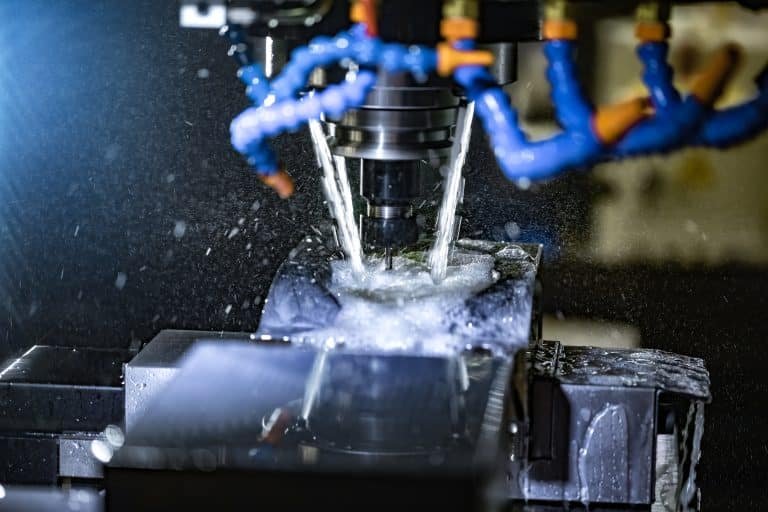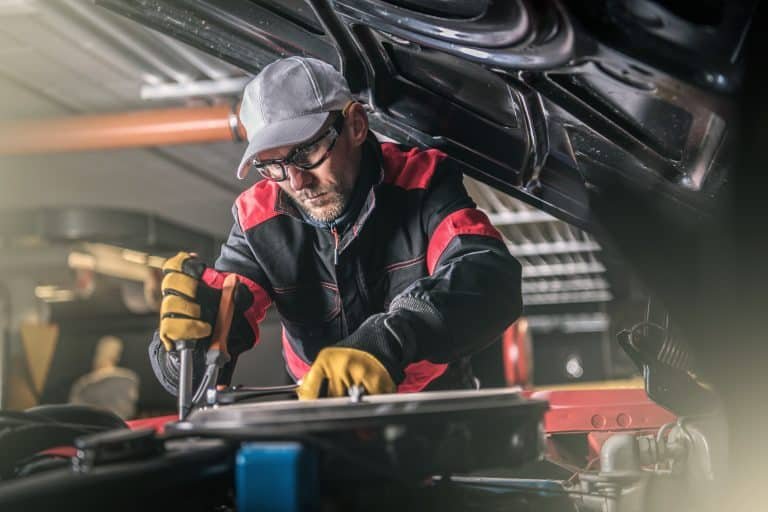The Critical Role of Waterproof Enclosures in Harsh Environments
Modern infrastructure, renewable energy systems, telecommunications networks, and industrial automation rely on robust protection for electrical connections against relentless environmental assault. Water ingress, dust contamination, chemical exposure, UV degradation, and extreme temperature fluctuations pose existential threats to electrical integrity. This is where Waterproof Outdoor Project enclosures – particularly ABS Plastic Junction Boxes – become non-negotiable components. For OEMs, electrical contractors, and panel builders, selecting a capable junction box manufacturer or supplier is a strategic decision impacting system longevity, safety certifications, and total cost of ownership. The journey from polymer pellet to a certified, field-ready enclosure demands specialized expertise, particularly in precision mold making and injection molding – the domain where BFY Mold delivers critical value to junction box suppliers and end-users alike.

Why ABS Plastic Reigns Supreme
Acrylonitrile Butadiene Styrene (ABS) reigns as a premier material for outdoor electrical enclosures due to its exceptional balance of properties crucial for harsh environments. Its dominance stems from a synergistic triad: Acrylonitrile provides formidable chemical resistance and surface hardness, Butadiene imparts outstanding impact strength and toughness (especially at low temperatures), and Styrene delivers rigidity, dimensional stability, and superb processability. For junction box manufacturers, ABS offers distinct advantages:
- Superior Impact Resistance: Withstands physical knocks, vibration, and accidental drops far better than many alternatives, crucial for construction sites and industrial settings.
- Excellent Durability: Resists cracking, chipping, and deformation under stress over extended periods.
- Good Chemical Resistance: Tolerates exposure to a wide range of industrial chemicals, oils, and cleaning agents.
- High Dimensional Stability: Maintains shape and critical sealing dimensions across temperature ranges (-20°C to +80°C typical for standard grades).
- Inherent Electrical Insulation: Non-conductive properties are fundamental for electrical safety.
- Ease of Processing: Excellent flow characteristics for molding complex geometries with thin walls and intricate sealing features.
- Surface Finish Versatility: Readily accepts painting (for UV protection and aesthetics), plating, or textured finishes directly from the mold.
- Cost-Effectiveness: Provides a high-performance balance at a competitive price point for high-volume junction box production.
The Imperative of Injection Molding Precision for Waterproof Integrity
Producing IP-rated junction boxes that reliably exclude dust and water under pressure (IP65, IP66, IP67, IP68) demands extraordinary precision in manufacturing. Injection molding is the only commercially viable process capable of achieving the necessary dimensional accuracy, structural consistency, and intricate feature definition at scale. The heart of this process is the injection mold – a complex, high-precision tool defining every contour, sealing surface, mounting point, and thread. BFY Mold, as a specialized mold processing and injection molding factory, focuses on engineering molds that are the foundation of enclosure performance:
- Critical: Mold cavity/core dimensions must be held to tolerances often tighter than ±0.05mm to ensure perfect mating surfaces for gaskets and ultrasonic welding.
- Critical: Cooling channel design must be optimized to prevent warpage or sink marks that compromise flatness, a prerequisite for reliable sealing.
- Critical: Venting must be meticulously engineered to avoid burn marks or voids in thick sections near bosses or mounting points, ensuring structural integrity.
- Critical: Ejection systems must be designed to avoid distortion or marking on critical sealing faces and cosmetic surfaces.
- Critical: Surface finishes (polished, textured) on the mold steel directly transfer to the plastic part, impacting both aesthetics and gasket adhesion/sealing performance.
A substandard mold guarantees production headaches: leaks, cosmetic rejects, assembly difficulties, and field failures. BFY Mold’s expertise ensures molds are built for waterproof enclosure excellence, manufacturability, and longevity.
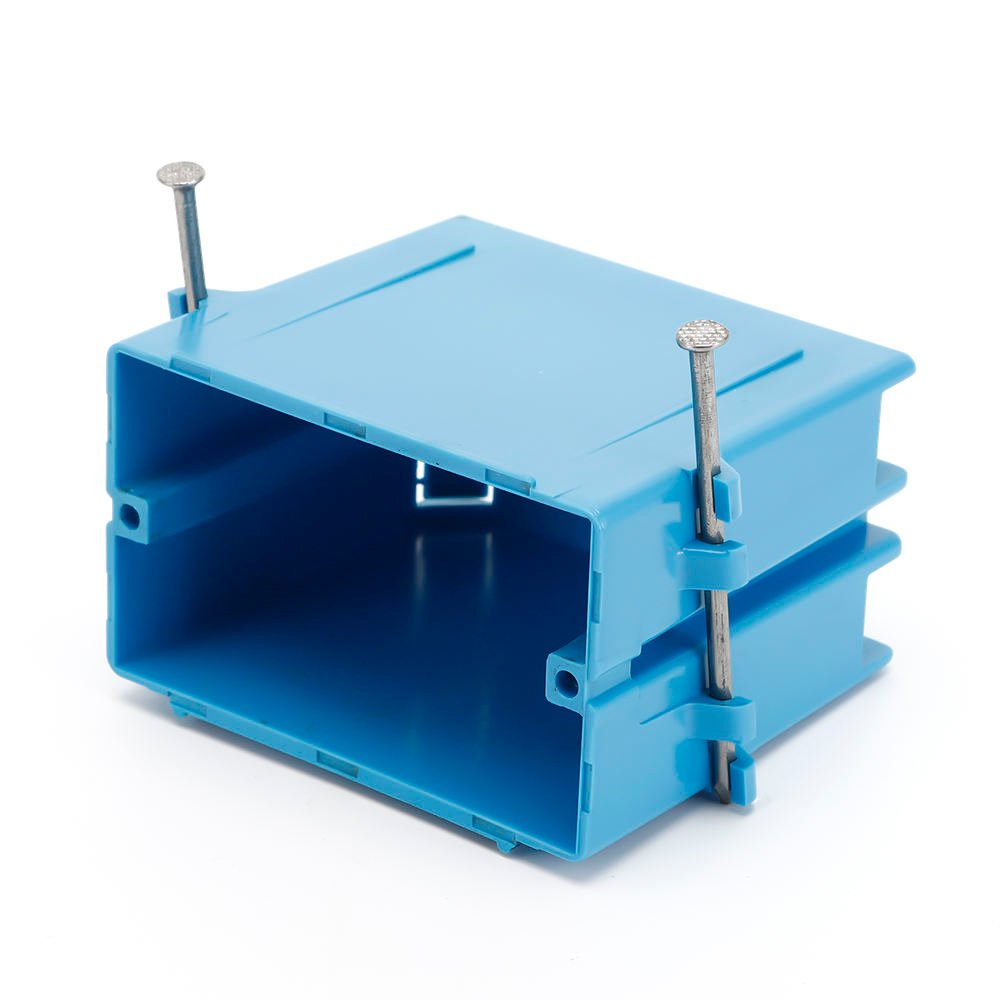
Key Properties Comparison: Enclosure Plastics for Harsh Environments
| Material | Impact Strength | UV Resistance (Unmodified) | Continuous Temp Range | Chemical Resistance | Moisture Absorp. | Best Suited For Enclosures… |
| ABS | Excellent | Poor (Requires additive/coating) | -20°C to +80°C | Good | Moderate | General outdoor/industrial, high impact needs, cost-effective balance |
| PC (Polycarbonate) | Outstanding | Good (Intrinsic) | -40°C to +120°C | Moderate | Low | Extreme impact/transparency needs, higher temps |
| PC/ABS Blend | Very Good | Good (Intrinsic) | -40°C to +100°C | Good | Low-Moderate | Enhanced UV/heat vs ABS, good impact balance |
| PP (Polypropylene) | Good (Ductile) | Poor (Requires stabilization) | -20°C to +100°C | Excellent | Very Low | Highly corrosive environments, wet locations, living hinges |
| ASA (Acrylic-Styrene-Acrylonitrile) | Good | Excellent (Intrinsic) | -20°C to +80°C | Good | Moderate | Superior long-term outdoor weathering, no coating needed |
| GF Nylon (PA6/PA66) | Good (Stiff) | Moderate (Requires stab.) | -40°C to +120°C+ | Very Good | High | High heat/stiffness needs, less sensitive to moisture ingress |
The Manufacturing Journey: From Mold to Certified Enclosure
- Precision Mold Making (BFY Mold Core Competency): CNC machining, EDM, polishing, and rigorous inspection create the tool defining the junction boxes halves, lid, cable glands, and internal features. Mold flow analysis predicts filling and cooling.
- Material Preparation & Molding: ABS pellets (often pre-colored or with UV stabilizers) are dried and fed into the injection molding machine. Melted plastic is injected under high pressure into the mold cavity. Cooling time is critical for cycle efficiency.
- Post-Molding Operations:
- Degating/Deflashing: Removal of sprue and any minor flash.
- Machining: Drilling precise holes for cable entries or adding threads if not molded-in.
- Surface Treatment: Painting (for UV protection/color), texturing, or applying protective films.
- Sealing System Integration:
- Gasket Installation: Precision placement of silicone or EPDM gaskets into molded grooves.
- Ultrasonic Welding/Adhesives: For permanently sealed designs (IP68), precise energy directors are molded in for ultrasonic welding. High-strength adhesives may be used.
- Assembly & Hardware: Inserting brass threaded inserts (molded-in or post-installed), adding hinges, latches, mounting brackets, and cable gland ports.
- Rigorous Quality Control & Testing:
- Dimensional checks (CMM, gauges)
- Visual inspection for cosmetic defects
- IP Rating Certification Testing: Dust chamber testing (IP5X), water spray (IPX5/IPX6), immersion (IPX7/IPX8) per IEC 60529 standards.
- Impact resistance testing (IK ratings)
- UV stability/weathering tests (QUV, Xenon arc)
- Flammability testing (UL 94 HB/V0/V2)
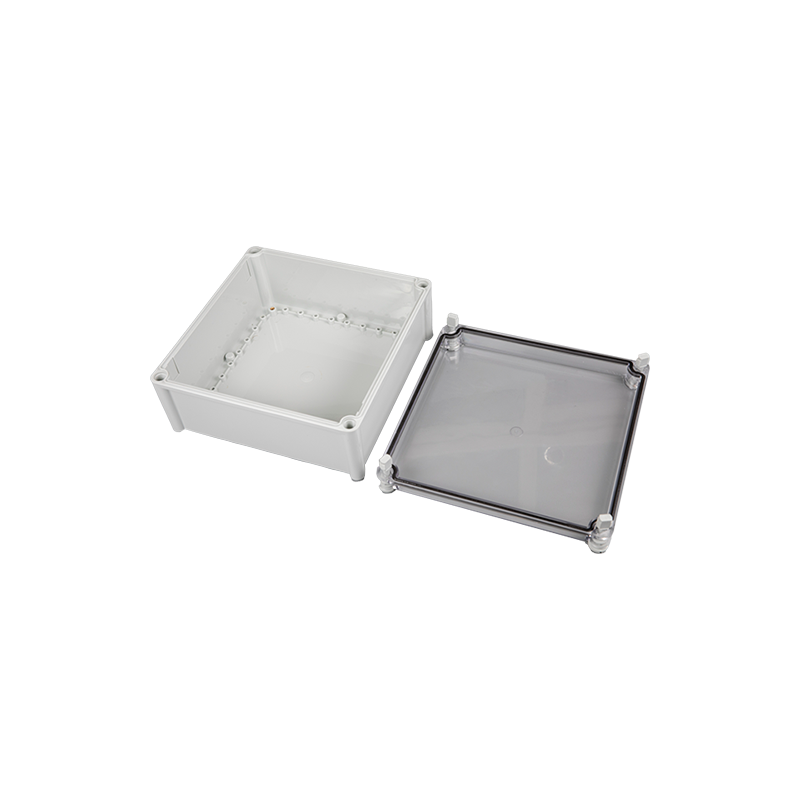
Why Partnering with the Right Junction Box Manufacturer is Strategic
Selecting a Waterproof Outdoor Project supplier transcends basic procurement. It’s about securing a partner with the engineering depth and process control to guarantee performance:
- Material Science Expertise: Advising on the optimal resin (ABS, PC, ASA, etc.) for the specific environmental and regulatory demands.
- Design for Manufacturability (DFM): Optimizing the enclosure design before tooling to ensure moldability, sealing efficacy, assembly ease, and cost-efficiency. BFY Mold excels here.
- Precision Mold Engineering & Making: The foundation of quality, consistency, and waterproof integrity.
- Certified Production Processes: Adherence to ISO 9001 (Quality) and ISO 14001 (Environmental) standards is the baseline.
- In-House Testing Capabilities: Reliable junction box manufacturers conduct rigorous IP, IK, and environmental testing, not just final inspection.
- Supply Chain Resilience: Guaranteed supply of qualified materials and components.
- Scalability & Flexibility: Capability to handle prototypes, low-volume runs, and ramp to mass production seamlessly.
BFY Mold: Your Foundation for Uncompromising Waterproof Enclosures
BFY Mold empowers junction box manufacturers and OEMs by delivering the precision-engineered injection molds that are fundamental to producing high-performance, reliable ABS Plastic Junction Boxes for Waterproof Outdoor Projects. Our specialized focus ensures:
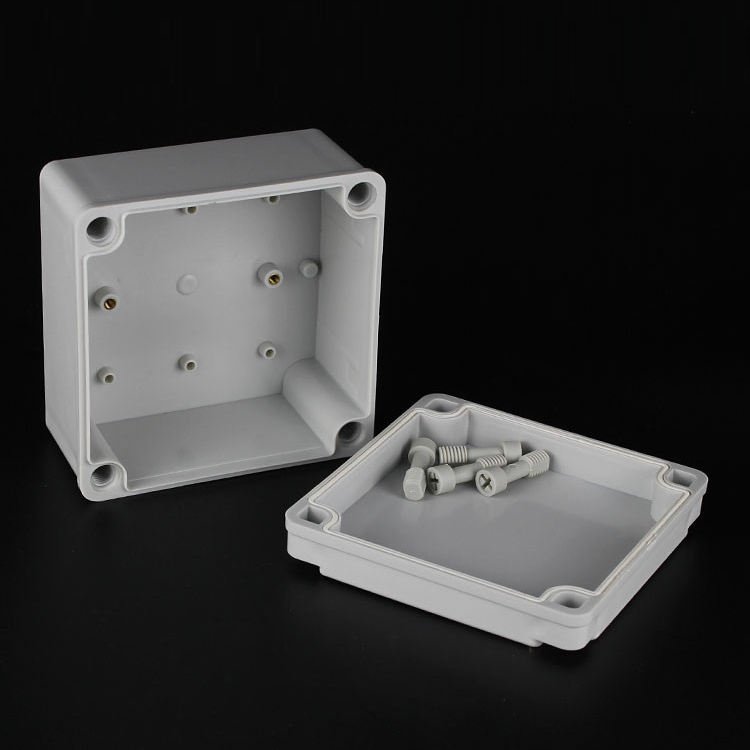
- Watertight Design Expertise: Molds engineered for perfect sealing surfaces, consistent wall thickness, and optimal gasket groove geometry.
- Complex Feature Mastery: Precise formation of cable entry points (molded or machined post), mounting bosses, internal DIN rail slots, and energy directors for ultrasonic welding.
- Durability & Longevity: Molds are built from hardened steels (e.g., H13, S136) to withstand the abrasive nature of filled polymers and high-volume production cycles.
- Efficiency Optimization: Mold designs focused on fast cycle times through superior cooling channel layouts and robust ejection systems.
- Collaborative DFM Partnership: We work integrally with your design team to optimize the enclosure for manufacturability, sealing performance, cost, and quality from the earliest concept stage.
FAQs for Waterproof Junction Box Buyers & Manufacturers
- Q: What IP rating do I need for my outdoor electrical application?
A: Common ratings: IP65 (Dust-tight, water jets), IP66 (Powerful water jets), IP67 (Temporary immersion), IP68 (Continuous immersion). Choose based on specific exposure risks. A reputable junction box supplier guides this. - Q: Why is ABS often preferred over metal for outdoor junction boxes?
A: ABS offers superior impact resistance (no denting), inherent electrical insulation, corrosion resistance, lighter weight, design flexibility, lower cost for complex shapes, and better thermal insulation. - Q: How do you ensure long-term UV stability for ABS outdoor boxes?
A: Critical methods: Using UV-stabilized ABS grades, applying high-quality UV-resistant coatings (paint), or designing with ASA caps/overlays. BFY Mold ensures molds produce parts suitable for these finishes. - Q: What are the key certifications for waterproof junction boxes?
A: Essential: IP Rating (IEC 60529), IK Impact Rating (IEC 62262), UL 94 Flammability, relevant safety marks (UL, CSA, CE, CCC). Material datasheets confirming UV/chemical resistance. - Q: Can custom features (specific cable entries, mounting, internal layouts) be accommodated?
A: Absolutely. Leading junction box manufacturers specialize in customization. BFY Mold’s DFM expertise ensures custom mold designs are optimized for performance and cost. - Q: What is the typical lead time for custom ABS junction boxes from design to delivery?
A: Prototypes: 4-8 weeks. Mass production: 12-20 weeks (including ~10-14 weeks for precision mold making by BFY Mold, sampling, certification testing, production ramp-up). - Q: Are there minimum order quantities (MOQs) for custom enclosures?
A: Yes, MOQs apply, primarily to amortize the significant cost of custom mold tooling. Typical initial production MOQs range from 2,000 to 10,000 units, depending on complexity. Discuss options with your supplier. - Q: How critical is the mold for achieving a reliable IP rating?
A: Fundamental. The mold defines the sealing surfaces, gasket groove consistency, wall thickness uniformity (preventing warpage), and part flatness. Precision from BFY Mold is non-negotiable for waterproofness. - Q: Can you integrate metal components (threads, inserts) into the plastic box?
A: Yes. Brass threaded inserts can be ultrasonically welded, heat-staked, or molded-in during injection. Metal mounting plates or brackets can also be incorporated.
Secure Your Connections Against the Elements. Partner with BFY Mold for Precision ABS Junction Boxes Enclosure Molds – Engineered for Waterproof Integrity & Manufacturing Excellence. Request a DFM Consultation Today!
